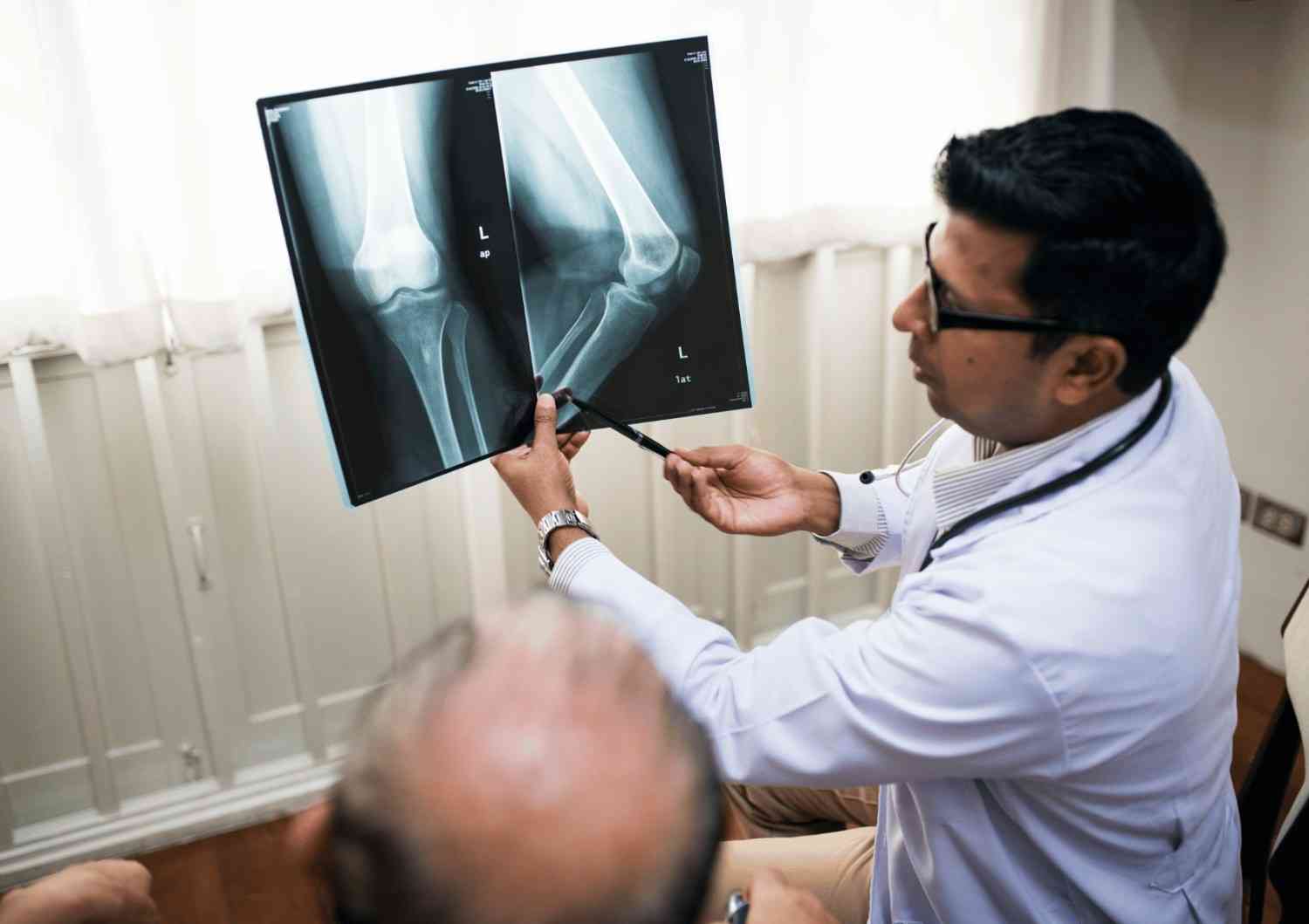Unlocking Mobility: Orthopedic Rehabilitation With Physical Therapy
June 10, 2024
Introduction
Have you ever wondered about the difference between orthopaedic and physiotherapist roles in healthcare? When it comes to managing musculoskeletal conditions, understanding these distinctions is crucial. Orthopaedic surgeons focus on diagnosing and surgically treating bone, joint, and muscle disorders, whereas physiotherapists specialize in the non-surgical rehabilitation and management of these conditions. The role of physiotherapy in rehabilitation is pivotal, particularly in orthopaedic cases, where tailored physical therapy programs can significantly enhance recovery outcomes. In this blog, we will delve into numerous benefits of physical therapy in orthopaedic rehabilitation, highlighting how physiotherapists play a vital role in helping patients regain mobility, strength, and overall quality of life.
Understanding Orthopaedic Rehabilitation
Orthopaedic rehabilitation focuses on treating injuries and disorders affecting bones, joints, muscles, tendons, and ligaments. Common conditions addressed include fractures, sprains, arthritis, post-surgical recovery, and sports injuries. The primary objective is to restore optimal function, enabling individuals to return to their daily activities with minimal pain and maximum efficiency.
But what role does physical therapy play in orthopaedic rehabilitation? Physical therapy plays a crucial role in orthopaedic rehabilitation, offering a structured, personalized approach to recovery. It encompasses diverse techniques aimed at enhancing movement, strengthening muscles, and improving coordination.
Role Of Physical Therapy In Rehabilitation
Here are some fundamental components of physical therapy in orthopaedic rehabilitation:
- Tailored Evaluation:
In orthopaedic rehabilitation, tailored evaluation in physical therapy involves a detailed assessment of the patient’s medical history, physical condition, and functional abilities. This personalized approach allows therapists to create individualized treatment plans that address specific needs and goals, leading to more effective rehabilitation outcomes.
- Personalized Pain Management:
Physical therapists utilize a range of techniques, including heat, cold, ultrasound, and manual therapy, to effectively manage pain and inflammation. By prioritizing non-invasive approaches over medication, they strive to optimize comfort and enhance the healing process.
- Functional Training:
Functional training in physical therapy is vital for restoring everyday abilities. This involves gait training to relearn proper walking post-injury or surgery, along with balance and coordination exercises to enhance stability and prevent falls. Through targeted, task-specific exercises, therapists facilitate a smoother return to daily activities, fostering confidence and ease.
Benefits Of Physical Training:
Physical training in orthopaedic rehabilitation offers numerous benefits, facilitating recovery and improving overall physical function. Here are some key advantages:
- Improved Mobility and Flexibility:
Physical training helps restore and improve the range of motion in joints and muscles affected by orthopaedic conditions or surgeries. Stretching exercises and targeted mobility drills can prevent stiffness and enhance flexibility.
- Enhanced Balance and Coordination:
Rehabilitation exercises frequently incorporate balance and coordination training, which is crucial for preventing falls and ensuring safe movement, especially for patients recovering from lower limb injuries.
- Functional Recovery and Rehabilitation:
The primary goal of orthopaedic rehabilitation is to restore the patient’s functional abilities. Physical training emphasizes exercises that mimic daily activities, aiding patients in regaining their independence and returning to their normal routines.
- Prevention of Future Injuries:
Strengthening muscles, improving flexibility, and enhancing coordination through physical training can help prevent future injuries by preparing the body to handle physical stress more effectively.
Conclusion
In conclusion, understanding the roles of orthopaedic surgeons and physiotherapists is essential for comprehensive musculoskeletal care. Physical therapy, with its tailored evaluations, personalized pain management, and functional training, significantly enhances recovery. This approach improves mobility, balance, functional recovery, and prevents future injuries, emphasizing its crucial role in orthopaedic rehabilitation. At Sri Sai Hospital, we are dedicated to providing exceptional orthopaedic rehabilitation services. Our team of skilled physiotherapists and orthopaedic specialists work collaboratively to deliver personalized care tailored to each patient’s needs. With state-of-the-art facilities and a patient-centered approach, we ensure the best possible outcomes for our patients. Whether recovering from surgery, managing a chronic condition, or rehabilitating from an injury, Sri Sai Hospital is committed to helping you unlock your mobility and achieve optimal health. Trust us to be your partner in your journey to recovery and well-being.






